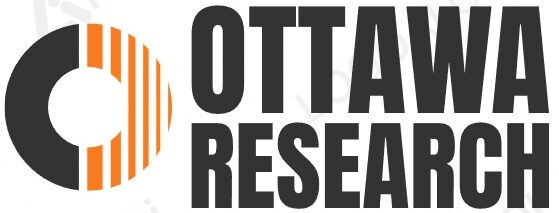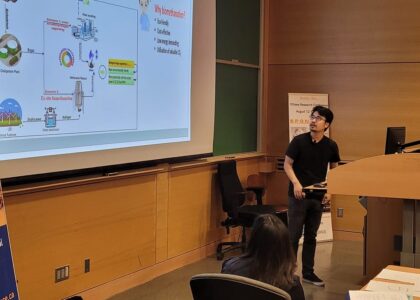Shelina Poudel.
Artificial intelligence (AI) is the simulation of human intelligence in machines that are programmed to learn and think like humans. AI is becoming increasingly popular in many different fields and has emerged as a powerful tool to transform healthcare. The integration of AI technologies, such as machine learning and deep learning, has the ability to increase accuracy of diagnosis, improve treatments, and optimise healthcare resources. Childhood diseases pose significant challenges to healthcare workers due to diverse symptoms, complex etiologies, and the need for timely diagnosis and treatments. This research aims to encompass a comprehensive review of the possibilities, benefits and challenges associated with utilising AI in the diagnostic process of childhood diseases. Online literature review utilising artificial intelligence and keyword search will be the primary methodology used for this research. A preliminary examination of existing literature identifies successful applications of AI in diagnosis of diseases in general and its potential in paediatric healthcare in particular. Already integration of AI in childhood diagnosis is promising. Using AI, analysing vast patient data, such as medical history, symptoms, laboratory results become a simpler and quicker process. This results in increased efficiency in diagnostic processes, allowing healthcare professionals to make the timely diagnosis required in childhood diseases, and increased positive results in patients. Correspondingly, AI has the potential to reduce healthcare costs by enhancing allocation of resources, reducing the amount of unnecessary tests, and preventing misdiagnosis. However, the implementation of AI is not a simple process. There are distinct challenges present in first, second, and third world countries. In developed nations concerns such as data privacy, legal and ethical concerns, and the need for administrative framework are significant hurdles. On the other hand, nations where there are limited resources face challenges such as accessibility to technology, related infrastructure, and availability of quality data. Understanding these challenges is crucial to successfully adopt AI in diverse settings. Outcome of this research will be beneficial to medical communities, patients, and society as a whole. It provides a comprehensive source of relevant information to healthcare professionals or aspiring professionals and researchers who wish to further research on the use of AI in childhood disease diagnosis, therefore paving the way for future advancements in paediatric healthcare.
View/Download the presentation from here.
Keywords: Artificial intelligence, childhood diseases, diagnosis, healthcare, patients
Author: Shelina Poudel
Longfield Davidson Heights Secondary School, Ottawa, Canada






